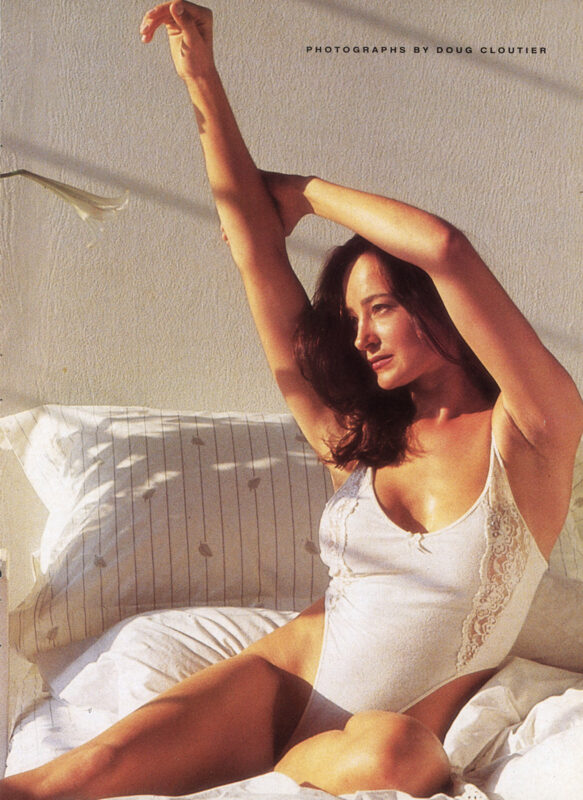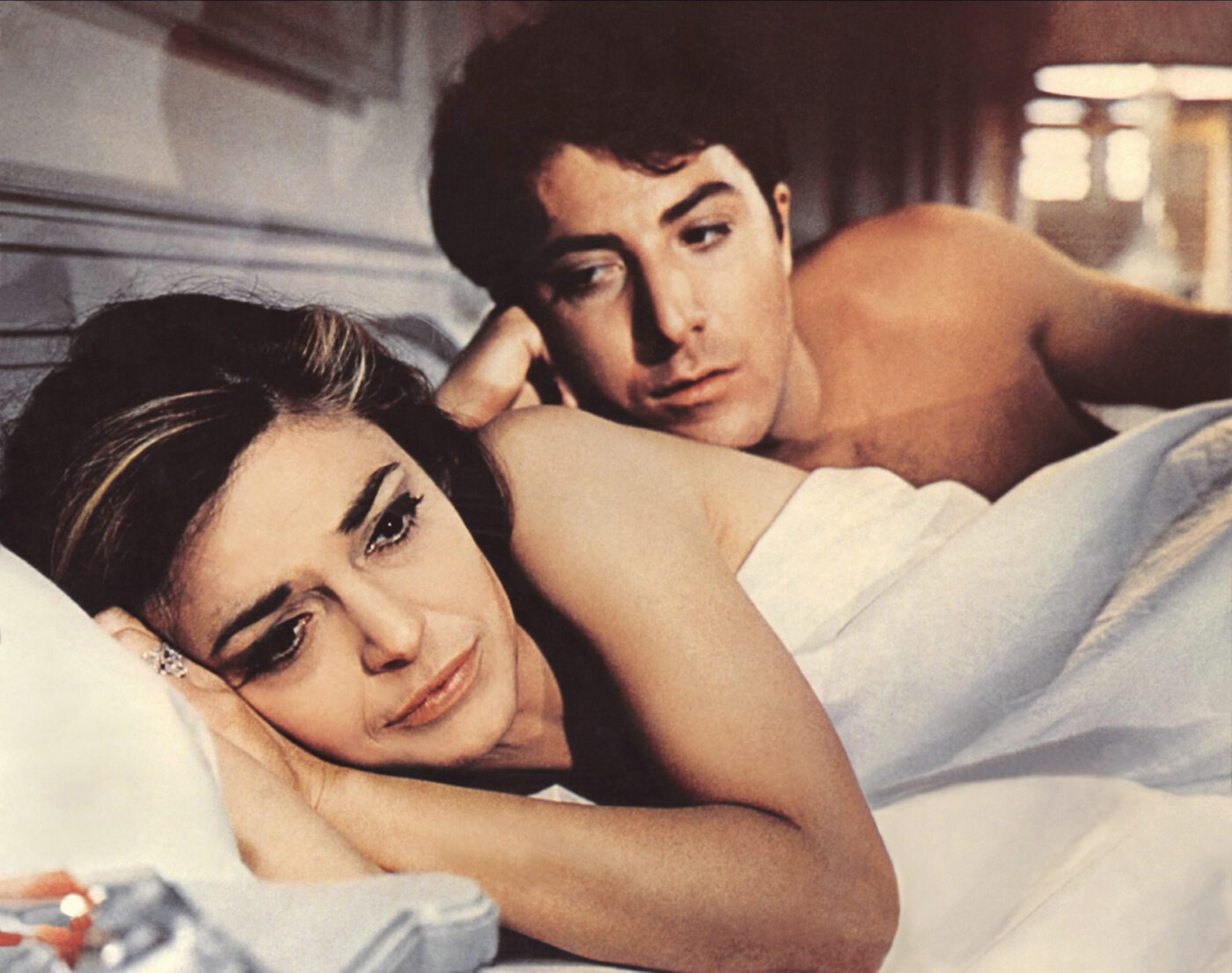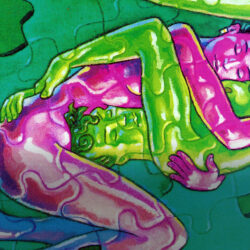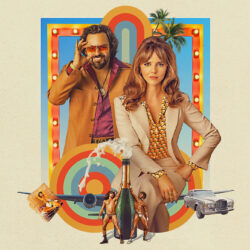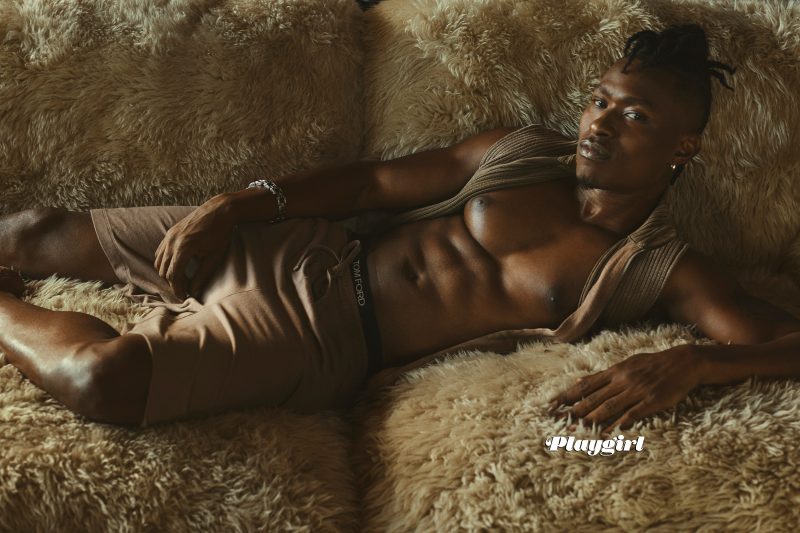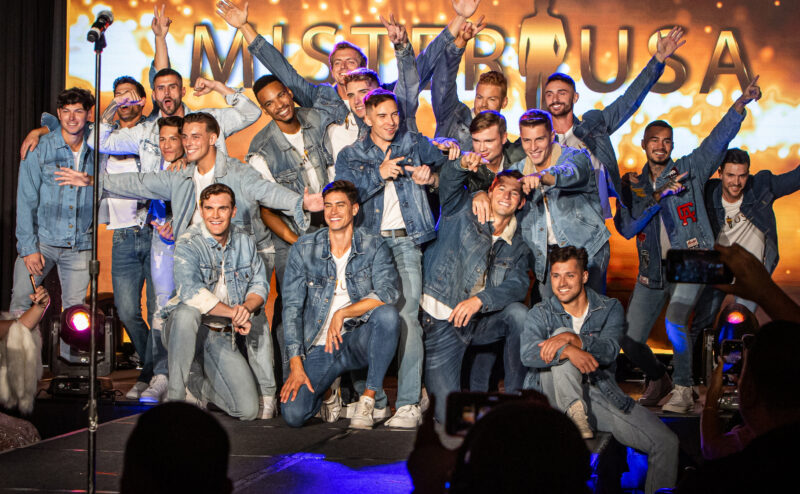When The Graduate premiered in 1967, a bumbling Benjamin Braddock formally introduced pop culture to a new kind of female antagonist with one painfully obtuse question.
“Mrs. Robinson, you’re trying to seduce me… aren’t you?” the 21-year-old played by Dustin Hoffman awkwardly asks, caught off-guard by the older woman’s overt sexual advances. Played by Anne Bancroft, she’s undeniably alluring, an enigmatic sophisticate only known to Benjamin by her husband’s surname and, to us, as pop culture’s most infamous “cougar.”
A term used to describe a woman over 40 who dates younger men, the cougar is a controversial archetype with no uniform interpretation, leaving its contemporary connotation up for debate amongst women. Regardless of the speaker’s sex, it can be seen as sexist or empowering, a compliment or an offensive comment, depending on context and the recipient’s personal views, which has led to an ongoing debate about its usage.
Both sides, however, seemingly agree on a few things. A “cougar” is a charming and worldly sophisticate, fun-loving yet experienced with undeniable sex appeal. She’s a sharp go-getter who knows what she wants and how to get it, confident and self-assured enough to remain unperturbed by the judgment of others. And after a lifetime of putting up with the sexual double standard, perhaps she’s ready to upend the bedroom power imbalance by using her age to her advantage.
It’s no secret that female sexuality has always been heavily policed, still subject to disproportionate amounts of scrutiny and shaming reinforced by social mechanisms like purity culture and the “Madonna/Whore” complex. Almost six decades after The New Yorker labeled Mrs. Robinson the “awful” instigator of “a bitchy adultery,” Cher’s relationship with Alexander “A.E.” Edwards — an independently successful music executive — caused an over-the-top media frenzy, with critics instantly infantilizing the 38-year-old by dubbing him a “toy boy,” only using the 77-year-old icon as his “sugar momma.” Even The Wall Street Journal’s Katie Roiphe recently wrote in “Our Hang-Up With ‘Cougars’” that a “generally tolerant and an ardent feminist” friend seemed “personally provoked” by one pairing. But why?
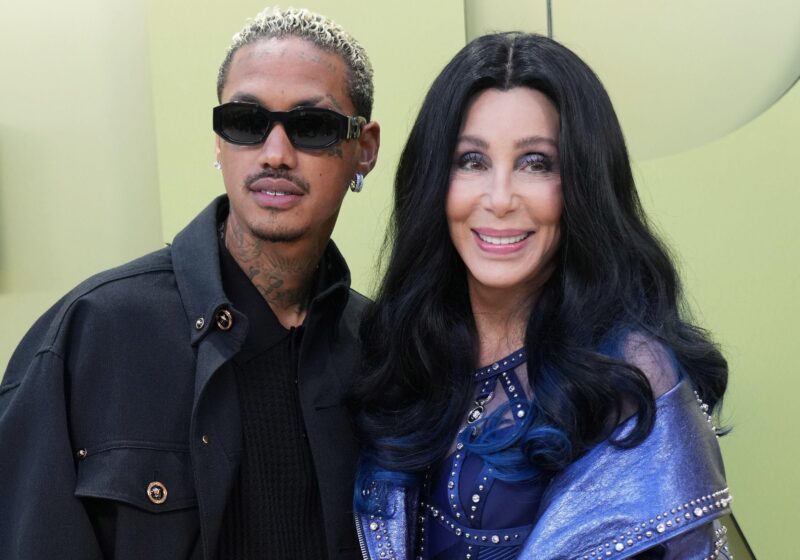
Cher and Alexander, Photo: SipaUSA/Alamy.
According to Eastern Illinois University’s Director of English Education, Dr. Melissa Ames, the “disdain” could be related to women always “being held to standards of being the ‘virtuous’ mother figure”, versus older men in the same situation, who’ve historically been called “eligible bachelors.” And this means they’re “villainized for being sexual beings. [And] even more so if that sexuality is aimed at a younger person.”
Or at least this was the consensus for a while. After all, the term “cougar” apparently originated in Vancouver during the ‘80s as a misogynistic dig, according to a 2005 ABC article quoting sex and relationship writer Valerie Gibson, who said it was a “put-down for older women who would go to bars and go home with whoever was left at the end of the night.”
However, things took a sharp turn during the aughts, when pop culture became obsessed with cougars. There was Sex & The City’s Samantha Jones, Fountains of Wayne’s chart-topper Stacy’s Mom, Demi Moore’s marriage to Ashton Kutcher, and a reality show called The Cougar, hosted by self-proclaimed cougar, Vivica A. Fox. And suddenly, it was cool to be a cougar, an autonomous older woman who could actively “reclaim” her power by openly flouting her desirability, sexuality and power.
For many, being called a “cougar” still represents something powerful, something that outlives your biological clock and says “fuck you” to only being a “baby incubator,” a “subservient wife” or a “sex doll who never orgasms.” Instead, a “cougar” is supposed to be a woman possessing that vintage Playgirl vibe, with an old logo featuring a sleek cat silhouette that says, “I am woman, hear me roar” attitude.
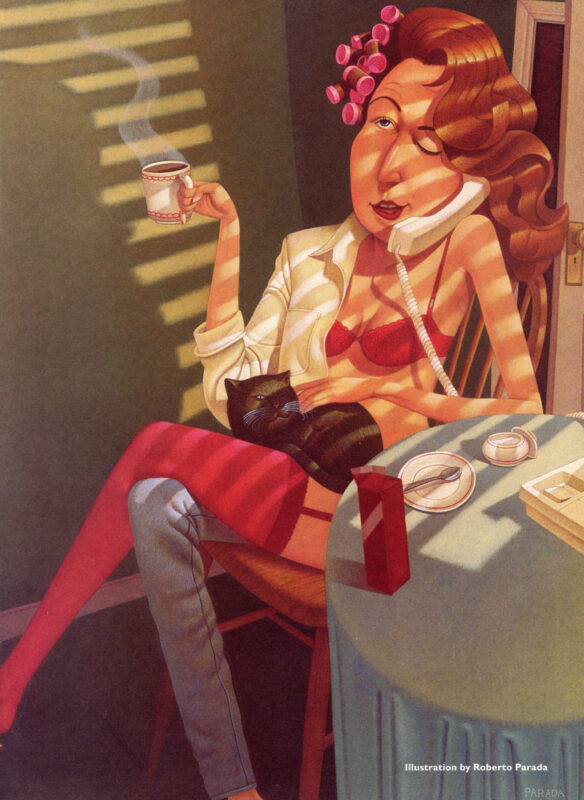
At the same time though, some people like Mary, 59, think it’s offensive to be compared to a “predator,” a word that paints older women who date younger men as cunning and manipulative aggressors. Akin to other misogynistic archetypes like the Black Widow, it can be argued that the term “cougar” carries connotations of a self-serving seductress, with loose morals that allow her to weaponize sex to take advantage of promising young men. Or as director Mike Nichols called Mrs. Robinson, a “jungle animal” who only wore animal print, on display for the world to watch through the male gaze, no less.
As such, one could also argue that the label is “yet another method to further sexually objectify women, reinforce the sexual double standard and conform to normative cultural beliefs,” Dr. Ames said. After all, a “cougar” is typically thought of as an older woman who is fit and youthful “for her age,” or someone that satisfies mainstream beauty standards and is assigned a label based on her desirability.
That said, there’s always concern when men create categories that other women eventually use as vehicles for their own internalized misogyny, which can take an entire lifetime to unlearn. As Mary recalled, the people most upset about a 40-year-old dating a man 15 years her junior were her then-boyfriend’s female friends, a group of 20-somethings who were “very suspicious and catty.” Later on, she found out that their vitriol came from believing Mary would “rob him of the ability to have a family,” or that it was “inappropriate” for a woman with an adult son to have a 25-year-old “boy toy.”
“They thought that I was using him, and there was no real love or real connection with him. Like I wasn’t necessarily interested in him as a person,” Mary said.
“But I was never a cougar,” she went on to reiterate. “Our relationship was built on mutual respect and love.”
